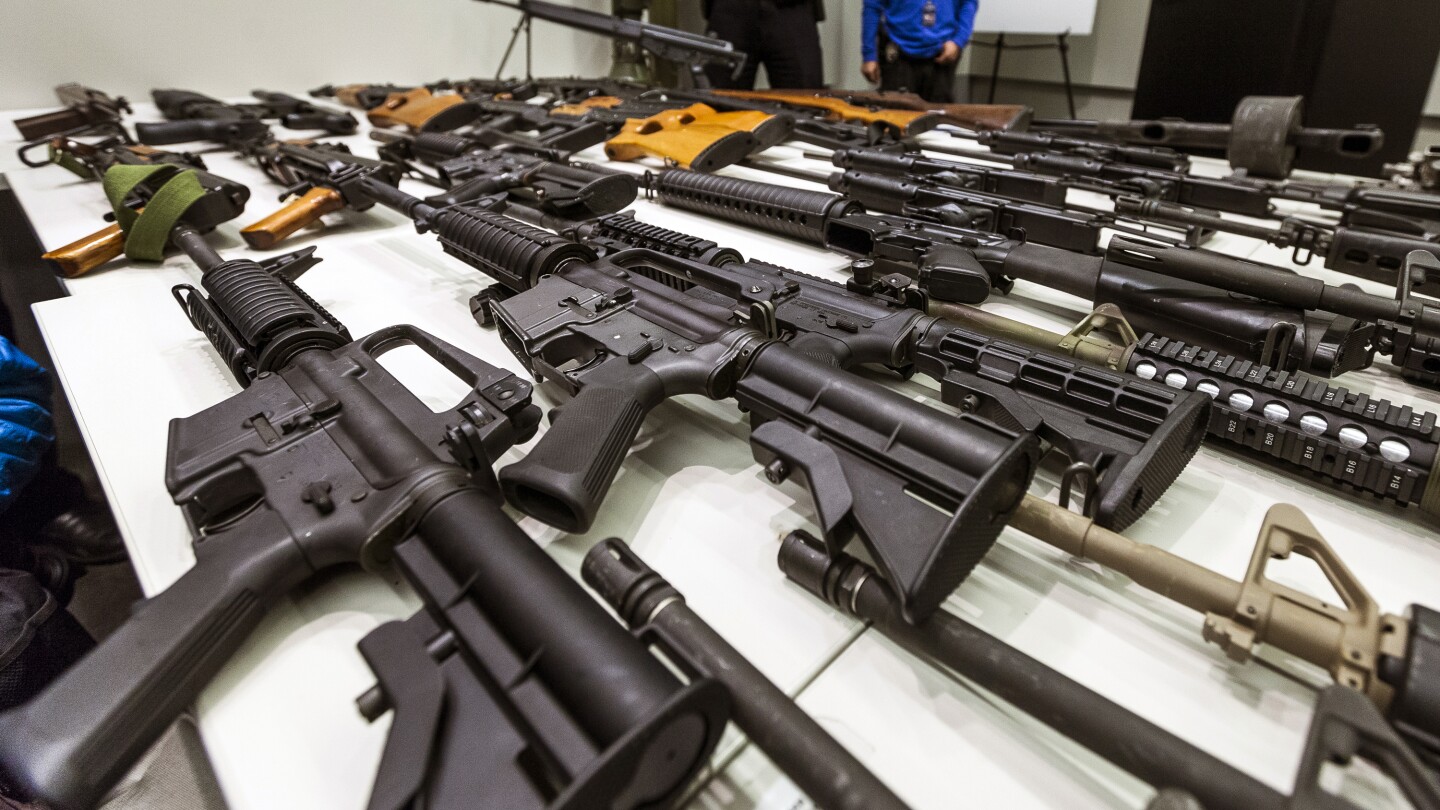California cannot ban gun owners from having detachable magazines that hold more than 10 rounds, a federal judge ruled Friday.
The decision from U.S. District Judge Roger Benitez won’t take effect immediately. California Attorney General Rob Bonta, a Democrat, has already filed a notice to appeal the ruling. The ban is likely to remain in effect while the case is still pending.
This is the second time Benitez has struck down California’s law banning certain types of magazines. The first time he struck it down — way back in 2017 — an appeals court ended up reversing his decision.



I’d argue handwaving away rejections of your own nonsense - which appears to hinge on anything but the actual amendment and its intent - as mere “NRA propaganda” is both actively preventing useful, rational discourse and highlighting the extent to which you retreat behind your own biases rather than confront being wrong.
Ooh, cherry picking from a Heller lawyer, I’m sure that’s unbiased.
edit: I liked the part where he mentions the first draft of the Virginia state constitution but not the final draft, but then omits the first draft of the US constitution. Delicious cherries.
Another one: The use of “bear arms” in an 18th century context almost always meant “in military service.” Scalia even acknowledges this, but says only when used in “bear arms against.”
But it doesn’t matter. Halbrook points out that the Pennsylvania declaration of independence says: “That the people have a right to bear arms in defense of themselves and the State.” Ok. Why is “in defense of themselves” a specifically enumerated right? Because the term “bear arms” doesn’t apply to self-defense otherwise.
And self-defense was not the point of the second amendment, the security of a free state was.
I guess it makes a lot of sense when you just ignore all counterfactual evidence.
It’s simple. For 220 years, this was not an individual, unlimited right. Then Scalia hand waved away two centuries of precedent and decided the text magically aligned with his activist agenda.
I’m not sure how referencing something directly relevant to the subject and the quibbling about its intent. Perhaps you could walk us through that reasoning.
You… do understand picking two references out of the entire document is actually cherry picking, right? Are you seriously so blatantly trolling?
You do understand these two ideas are incompatible, right? Even aside from how that quite clearly highlights the intent was not just “defense of the state”. Had you bothered to read to the following page, you’d have seen that - but I suppose that’s not really in line with your cherry-picking, is it?
Irony.
Rather, it was not interpreted as such; its intent has always been quite clear.
It’s simple, once put in a position to have to do more than rely on previous precedent, referring to the actual history of the amendment required course correction.